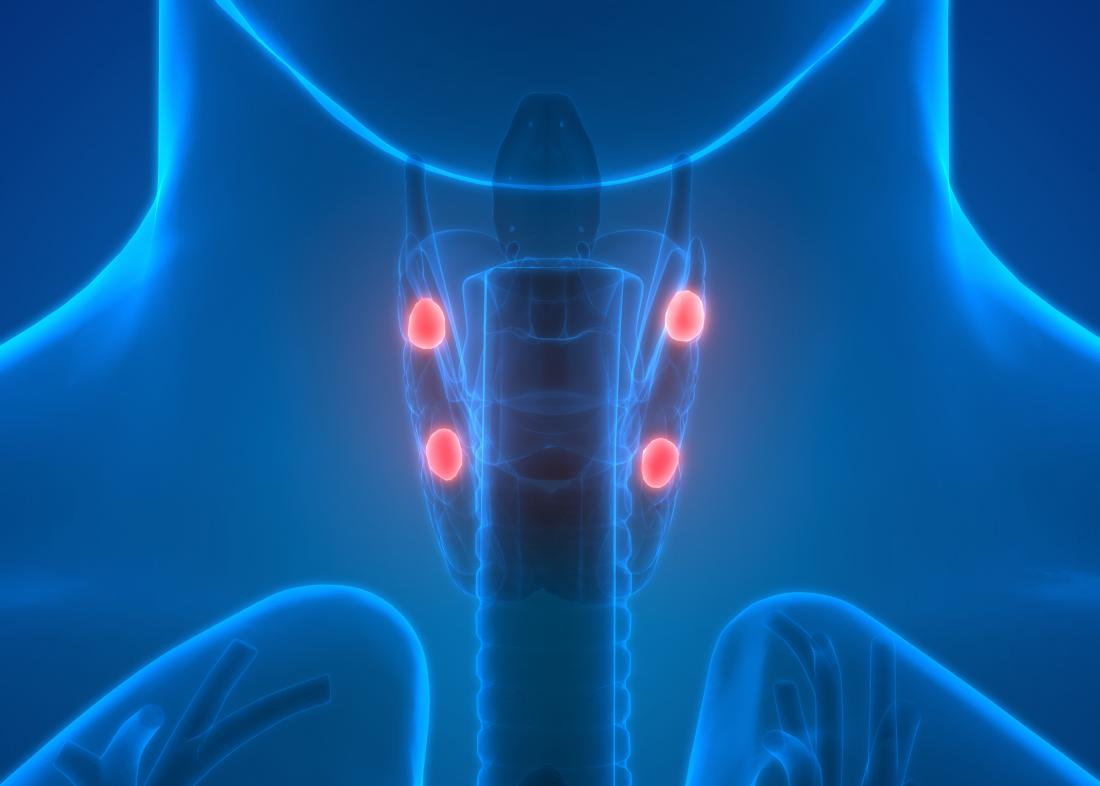What Does Having Too Much or Too Little Calcium in the Blood Mean?
A month ago, I had my regular blood work done to monitor my diabetes and general health conditions. Yes, I am still overweight and look like someone with high cholesterol and high triglyceride, but those readings were well within the healthy limits, much to the surprise of many.
Being the detail nerd I am, I have an Excel spread sheet of my blood work results for the 3 years. In logging in those results, I was curious about my blood calcium level as spinal x-rays have shown calcium building up along parts of the vertebra. My dad also had calcium deposits on his spine to the extend that he had to have surgery to remove some in order to allow him to walk, and I take after my dad in many ways.
The recommended range for blood calcium is 8.8 to 10.2 mg/dl. Over the past three years, mine has ranged from 9.3 to 9.9, with the last reading of 9.7 mg/dl, indicating that I’m in the normal range.
However, curiosity spurred me to research what too much or too little blood calcium can cause.
Too much calcium in the blood is referred to as hypercalcemia. The parathyroid glands. There are 4 of these glands, 2 on each side of the trachea near the base of the neck.
When the body needs calcium, the parathyroid glands secrete a hormone that does three things:
1- Tells the bones to release more calcium into the blood.
2- Tells the kidneys to secrete less calcium into the urine.
3- Tells the kidneys to activate vitamin D which is then used to help the digestive system to absorb more calcium.
Hypercalcemia can also be caused by certain medications and other health conditions.
A person suffering from hypercalcemia experiences symptoms of excessive thirst, frequent urination, stomach pain, digestive problems, bone pain, muscle weakness, confusion, fatigue, lethargy, anxiety, depression, high blood pressure and abnormal heart rhythms.
Taking too much vitamin D can also cause hypercalcemia, as can lung, breast and blood cancers.
Therefore, too much calcium in the blood can be signs of more severe health conditions.
What about too little calcium in the blood?
Too little calcium in the blood is known as hypocalcemia. The results of hypocalcemia over time can lead to osteoporosis, weakening of teeth, cataracts, and changes in the brain, as well as muscle cramping, aches and spasms. It can also result in extreme fatigue, dry-broken-brittle nails, eczema, psoriasis, osteopenia (low bone density), more severe PMS and depression.
Did you know that only about 10%-20% of the calcium one ingests in their diet is absorbed by the digestive tract? If you have hypocalcemia, taking more vitamin D will help the digestive tract absorb more calcium, but be careful that you don’t end up with too much calcium.
Like so many things, there is a fine balance that needs to be maintained, so when you get your regular blood test done, always check your blood calcium levels.,









Recent Comments